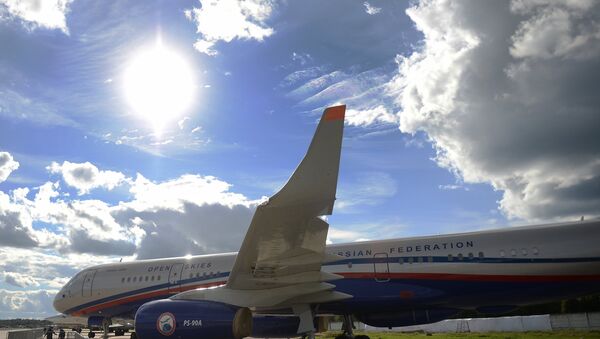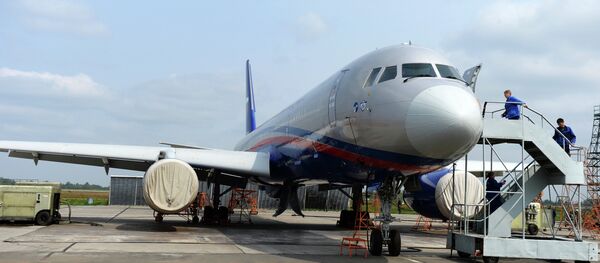On Monday, US President Donald Trump signed the 2019 National Defense Authorization Act into law. According to the bill, the United States will not allocate any funds to implement the Open Skies Treaty until penalties are imposed against Russia for previous violations.
"Instead of addressing this issue within the framework of the Open Skies Consultative Commission, we learn from the new bill that the funding for implementation [of the treaty] would be suspended. Well, this is a choice of the United States. This is the path toward further intoxication of international relations by unilateral methods. We can only regret it," Ryabkov said.
The diplomat stressed that Moscow was concerned over the record-high US allocations for military purposes under the new defense budget and would carefully examine the document.
The Open Skies Treaty has been suspended until the president certifies to Congress that penalties have been imposed on Russia for previous treaty violations, the document said.
READ MORE: Washington Freezes Open Sky Treaty With Moscow in New Defense Bill
In June 2017, the United States said Moscow was violating the terms of the Open Skies Treaty by placing restrictions on overflights of Kaliningrad, Russia's enclave on the Baltic Sea. The United States said it would implement restrictions on Russian observation flights over the United States on January 1, 2018.
The Treaty on Open Skies was signed in 1992 and was one a number of confidence-building measures in post-Cold War Europe. It has been in operation since 2002 and allows participating countries to openly collect information on each other's military forces and activities.
The treaty covers most NATO member-states as well as Russia, Belarus, Ukraine, Georgia, Bosnia and Herzegovina, Sweden and Finland. As a rule, flights by Russia and NATO member-states are conducted on a reciprocal basis.



